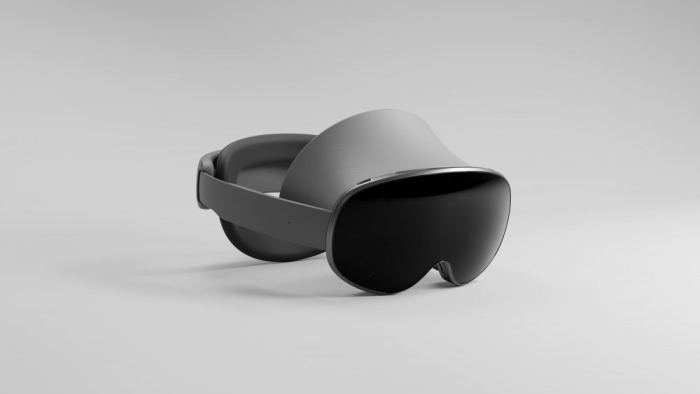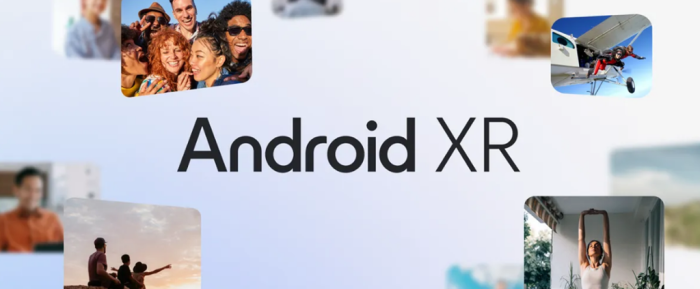
SILICON VALLEY/SEOUL — Global tech giant Google LLC on Thursday introduced a new operating system for eXtended reality (XR) devices to be installed in a headset the world’s top memory chip and smartphone maker Samsung Electronics Co. plans to launch next year to take on bigger rivals such as Meta Platforms Inc. and Apple Inc.
Google unveiled Android XR, the software platform by which artificial intelligence (AI), augmented reality (AR), and virtual reality (VR) experiences will converge and help power upcoming wearables.
Android XR, which was jointly developed with Samsung, is designed to be an open, unified platform for XR headsets and glasses, Google said.
The first device running on the platform is a headset codenamed Project Moohan, built by Samsung, which will be available for purchase next year. The headset will be equipped with chips by Qualcomm Technologies Inc.
“We’re thrilled to partner with Samsung to build a new ecosystem with Android XR, transforming computing for everyone on next-generation devices like headsets, glasses and beyond,” said Google President of Android ecosystem Sameer Samat.
TO RELEASE NEXT MONTH WITH GALAXY S25
Samsung is expected to unveil the headset next month when it launches the flagship Galaxy S25 smartphone series in San Jose, California, industry sources in Seoul said.
The South Korean tech behemoth teamed up with Google and Qualcomm to venture into the XR device market in February 2023 as the industry was forecast to jump to $1.7 trillion by 2032 from $131.5 billion last year.
LG Electronics Inc., Samsung’s competitor in the home appliances sector, is developing an XR device for a launch in 2025.
The global XR industry is currently dominated by Meta with a market share of 74% in the second quarter, according to analysis firm Counterpoint Research.

OPEN, UNIFIED PLATFORM
Android XR is designed to be an open, unified platform for XR headsets and glasses, providing users with more choice of devices and access to apps they already know and love, Google said. For developers, it’s a unified platform with opportunities to build experiences for a wide range of devices using familiar Android tools and frameworks, it added.
Headsets with Android XR will help users watch YouTube and Google TV on a virtual big screen and enjoy Google Photos in 3D, according to Google.
The devices will allow users to explore the world in new ways with Google Maps, soaring above cities and landmarks in an immersive view. Users can even quickly find information on whatever is in front of them, with just a simple gesture.
Android XR will also support glasses, which work with other Android devices, in the future, Google said.
Glasses with Android XR will put the power of Gemini, Google’s AI assistant, one tap away, providing helpful information for users — like directions, translations or message summaries without reaching for your phone.
By Eui-Myug Park and Young Chan Song
uimyung@hankyung.com
Jongwoo Cheon edited this article.















